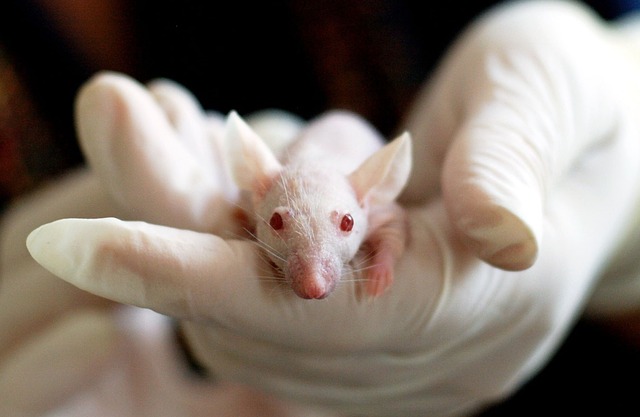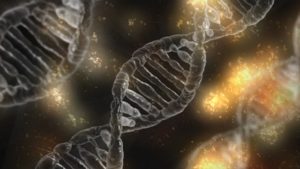Rise in certain molecules may be responsible for bone aging
The aging body produces certain molecule – microRNA-141-3P – that inhibits bone cells from absorbing and incorporating vitamin C, touching off a degenerative cascade the weakens bones.
Work at the Medical College of Georgia at Augusta University has unmasked the culprit responsible for aging bones: the molecule microRNA-141-3P. According to exciting new research published in the Journals of Gerontology, this molecule controls the process of bone deterioration that occurs with age. Clinical trials have found that the molecule actively prevents bone cells from using vitamin C. It starves them of a vital nutrient needed to maintain strong, healthy bones. Without sufficient vitamin C, bone cells degrade and cease to multiply and repair bone tissue. The entire human skeleton suffers from the lack of vitamin C. Over time, diseases like osteoporosis develop.
To counter this negative process, scientists have administered an experimental microRNA-141-3P inhibitor in rodent subjects. Their findings are encouraging. The mouse and rat test subjects showed fewer signs of bone weakness and disease and maintained healthy skeletons far longer than their control group counterparts. The trials point to microRNA-141-3P inhibitors as effective anti-aging therapies.
While the commercial development and availability of this drug lies far in the future, researchers are optimistic. If successful, this newly developed therapy will ease the passage of time, allowing bodies to remain youthful and resilient.





